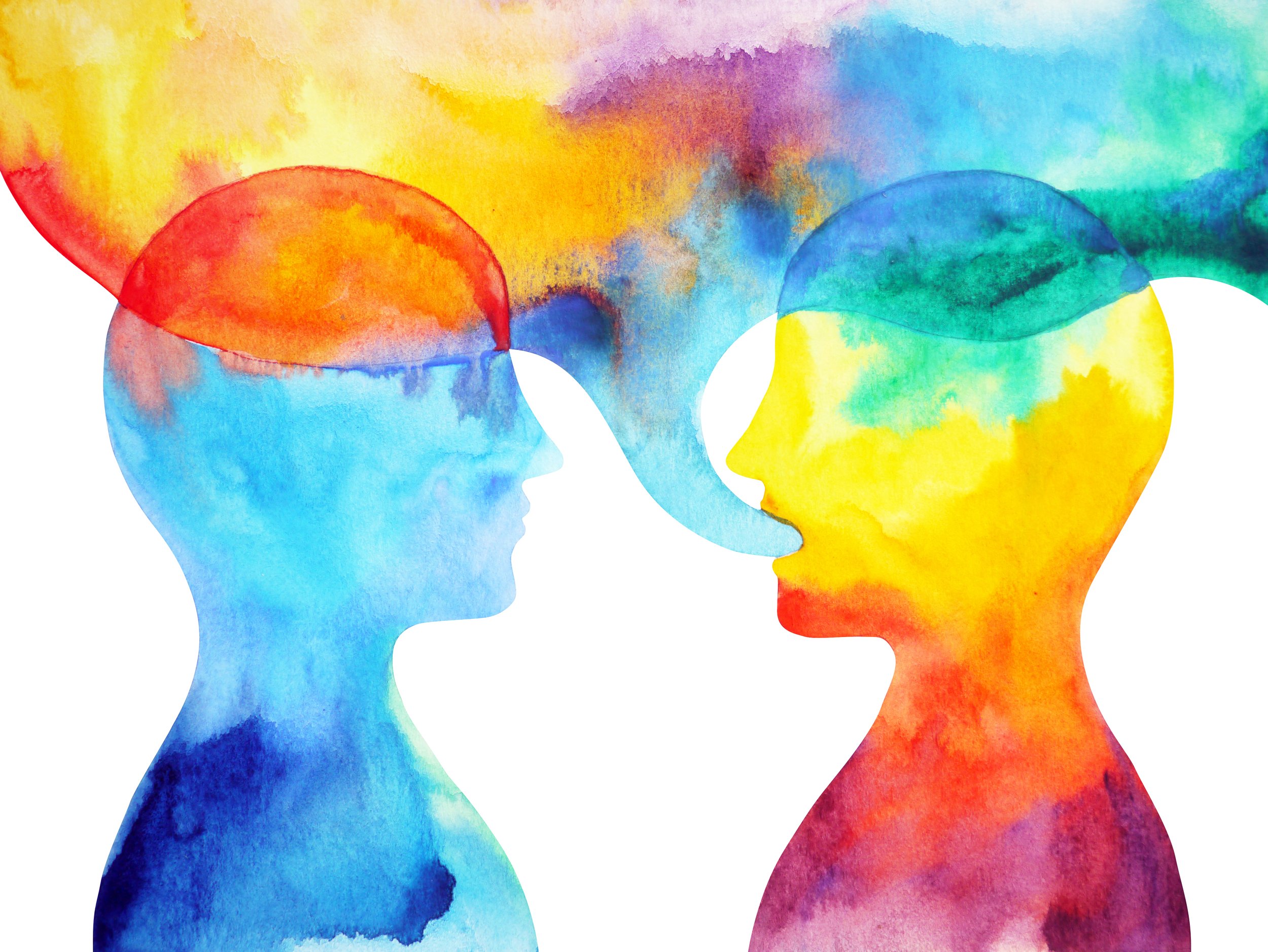
Mindfulness and Improv
What is mindfulness?
“Mindfulness is awareness that arises through paying attention, on purpose, in the present moment, non-judgementally… in the service of self-understanding and wisdom.” - Jon Kabat Zinn, Professor of Medicine at the University of Massachusetts Medical School
Mindfulness is said to help people objectively observe and accept everyday experiences - including unpleasant sensations and emotions - rather than react to them with aversion and avoidance.
What are the benefits of mindfulness?
The evidence base for the positive effects of mindfulness is still growing, but so far research suggests the following benefits:
Decreased anxiety and emotional reactivity
Reduced rumination
Stress reduction
Increased positive affect, decreased negative affect
Improved working memory, focus, and cognitive flexibility
Increased well-being
…and more!
What does improv have to do with mindfulness?
Improv is mindfulness in action.
Co-creating a scene, participating in improv exercises, and playing improv games requires acceptance and awareness of self, acceptance and awareness of others and acceptance and awareness of the moment.
The tenets, philosophies and techniques that make for successful improv performances simultaneously provide a framework for practicing mindfulness in everyday situations, especially those that involve socializing or interacting with other people.
Awareness that Arises Through Paying Attention on Purpose
Improv requires purposeful awareness of and attention to yourself as well as your scene partner, teammates and the scene itself through embracing feelings, active listening, being present, and embracing uncertainty.
In improv, we practice techniques such as mirroring, repetition, empathetic observation, active listening and even explicit group discussion to purposefully apply awareness of ourselves and others in scenes.
Be in the Moment
Improv requires being in the present moment with our scene partner.
The ability to be in the present moment is a skill developed through repeated practice over time.
Learning improv is like learning a sport or how to meditate: It can be challenging at first. Like in basketball, dribbling is hard and clunky when you first start, but becomes smoother and easier over time if you do it over and over again.
Improv is the same.
Repeated engagement in learning is necessary to train your brain to be present and focused on what’s important for successful co-creation of a scene in the moment.
In fact, research investigating improv’s impact on the brain has shown that practiced improvisers “turn off” the parts of their brain responsible for monitoring and judgment and activate parts of the brain responsible for creativity.
Suspend Judgment
Being present (i.e., doing improv) requires acceptance of self, acceptance of others and acceptance of the moment.
If we are thinking about how poorly we believe we’re doing in the scene or how weird our scene partner’s choice is, or how the audience might react, we cannot engage in active listening, empathetic observation or successful co-creation.
Alternatively, if we practice the core tenet of improv, “Yes, and…” we have a path toward non-judgment. “Yes, and…” represents agreement with whatever choice you or your scene partner has made, followed by a response that builds on that choice.
Practiced over time, we train our brain to be okay with feeling uncomfortable moment-to-moment. We increase our tolerance for risk-taking, the unknown, and the awkward or weird. We become more able to engage in active listening, empathetic observation, and other co-creative techniques rather than being distracted by feelings of inadequacy or judgment.
Understand Yourself
Doing improv allows you to experiment in many ways.
Because you are put in new, unexpected situations which lead to new and sometimes unexpected responses, you are able to observe your thought and feeling patterns in new ways.
You are able to “put on” characters and empathize with opposite ways of thinking.
You express your own perspectives and opinions through onstage conversations in imagined circumstances and get to connect with the perspectives of others.
You live several lives in the course of one class, rehearsal or show.

Mindfulness + Improv
In short, Jon Kabat Zinn’s description of mindfulness as “awareness that arises through paying attention, on purpose, in the present moment, non-judgmentally…in the service of self-understanding and wisdom,” encapsulates the essence of what improv is as a practice:
We are purposefully attentive and aware of ourselves and others
We apply techniques to practice being in the moment
We co-create without judgement
We gain a greater sense of self-understanding by practicing improv






